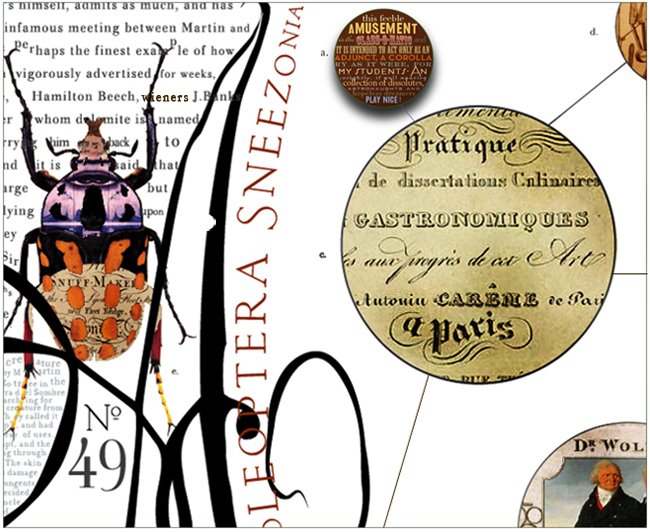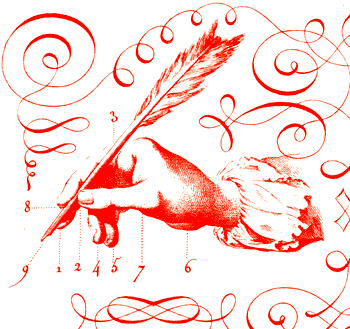


Images such as Your Talk or May Kill Your Comrades or Don't Crow About What You Know, About applied modern design sophistication to the primary messages of wartime in a witty and effective way.



The war established Games as a master of poster design. He continued to work until the 1980's and produced a distinguished body of work for London Transport, BOAC, and other British organisations. At the same time Games worked tirelessly for Jewish causes and made some remarkable contributions to Hebrew typography through book design.



Born in Whitechapel in the East End of London on the day World War I began in 1914, Games was the son of Joseph Gamse, a Latvian photographer who later anglicised the family name to Games, and Sarah, a seamstress born on the border of Russia and Poland. Abram, or Abraham as he was originally called, was educated locally but when he left Hackney Downs School at the age of 16 in 1930, his headmaster scoffed at his hopes of becoming an artist and refused to support his application for a scholarship to St Martins School of Art. Games’ parents paid his fees, which they could ill afford. Unable to buy artists’ materials, Games resorted to drawing on the white card of hat boxes. Disillusioned by the teaching at St Martins and worried about the expense of studying there, Games left after two terms. He continued life classes in the evening while working for his father as a photographer’s assistant.
In 1932, Games was hired as a studio boy at Askew-Young, a commercial art studio. Never popular with his employers, he was fired in 1936 after being caught jumping over four chairs as a joke. In the same year, Games won £20 as first prize in a poster competition to encourage people to enrol for London County Council evening classes. Bolstered by his success, he embarked on a career as a freelance commercial artist and won poster commissions for London Transport, Shell and the Post Office."



No comments:
Post a Comment